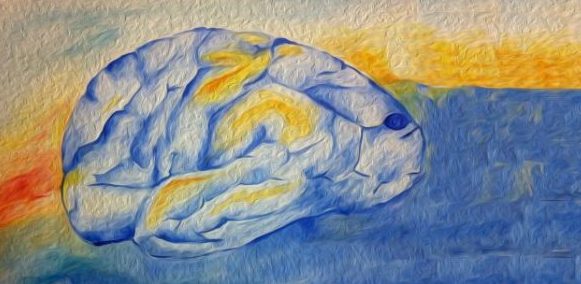Theoretical neuroscience
Theory of spike initiation, sensory systems, autonomous behavior, epistemology
Editor Romain Brette
Neo-Darwinism, the modern synthesis and selfish genes: are they of use in physiology? (2011)
Denis Noble
1 comment on PubPeer PubMed: 21135048 DOI: 10.1113/jphysiol.2010.201384 DOI: 10.1016/j.matpr.2023.05.007
I believe this is an important essay for theoretical neuroscientists, where modern evolutionary ideas are explained. This is essentially a critique of the idea of a “genetic code”, specifically of the reductionist idea that a gene (in the modern sense of DNA sequence) encodes a particular phenotype, an idea that has been popularized in particular by Dawkins’ “selfish gene” metaphor. Denis Noble argues that this is a reductionist view that is simply wrong, because the product of a gene depends not only on other genes but also on the cell itself. For example, the same DNA sequence can produce different functions in different species. Noble cites an experiment where the nucleus of a goldfish is placed in the enucleated egg of a carp, and the adult fish that results is not a goldfish, as the genetic code theory would predict, but something between carp and goldfish (in many cases with other species, no viable adult results). The author points out that DNA does not reproduce, only a cell does, and he concludes: “Organisms are interaction systems, not Turing machines”. In addition, not all transmitted material is in the nucleus. There are also transmitted cytoplasmic factors, for example organelles (mitochondria). In fact, there is a theory, which is well established for the case of mitochondria, that major evolutionary changes are due not to mutations but to endosymbiosis, the fusion of different organisms into a new one (see Lynn Margulis, Symbiotic planet). It seems to me that a strikingly analog critique can be formulated against the idea of a “neural code”.
